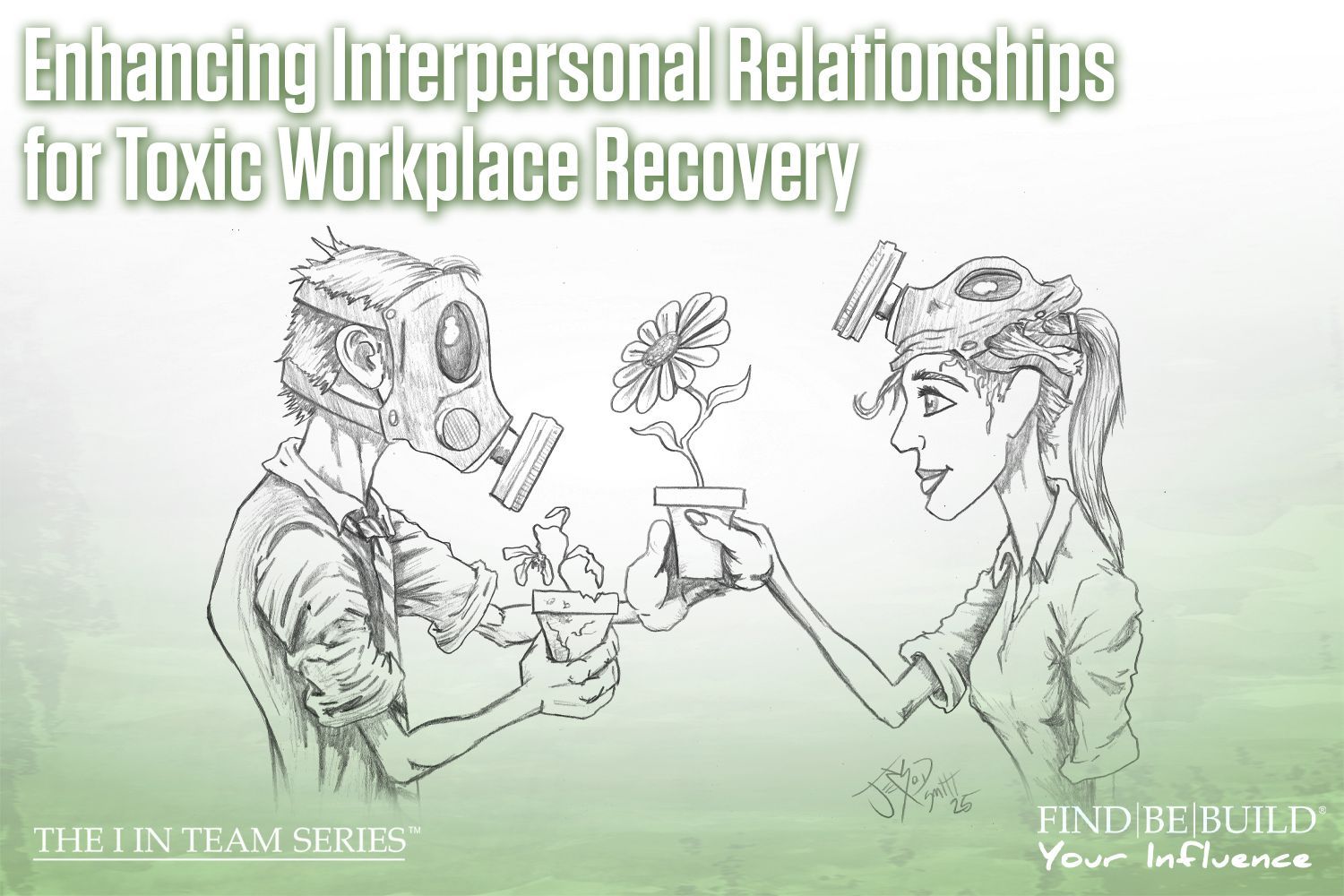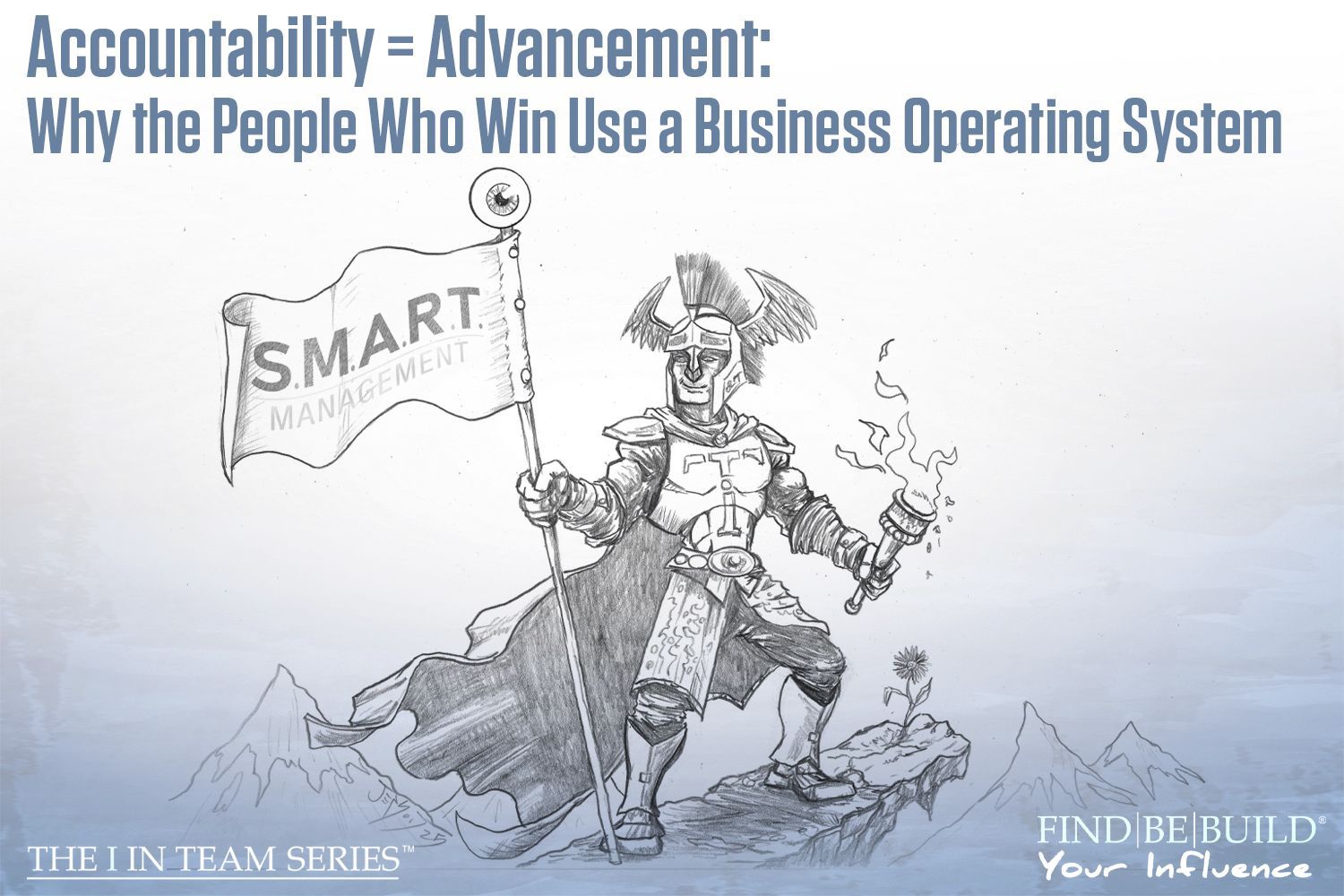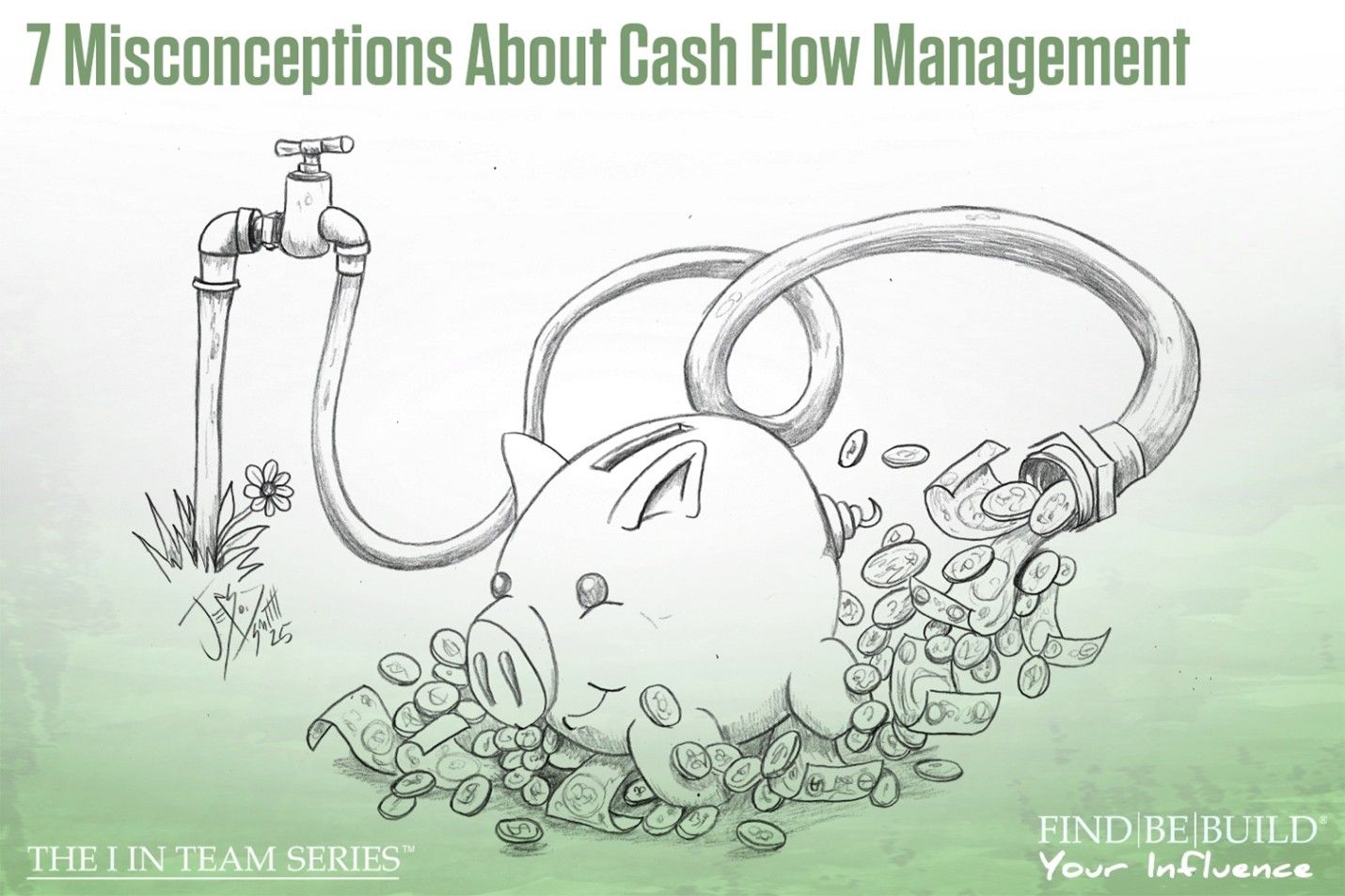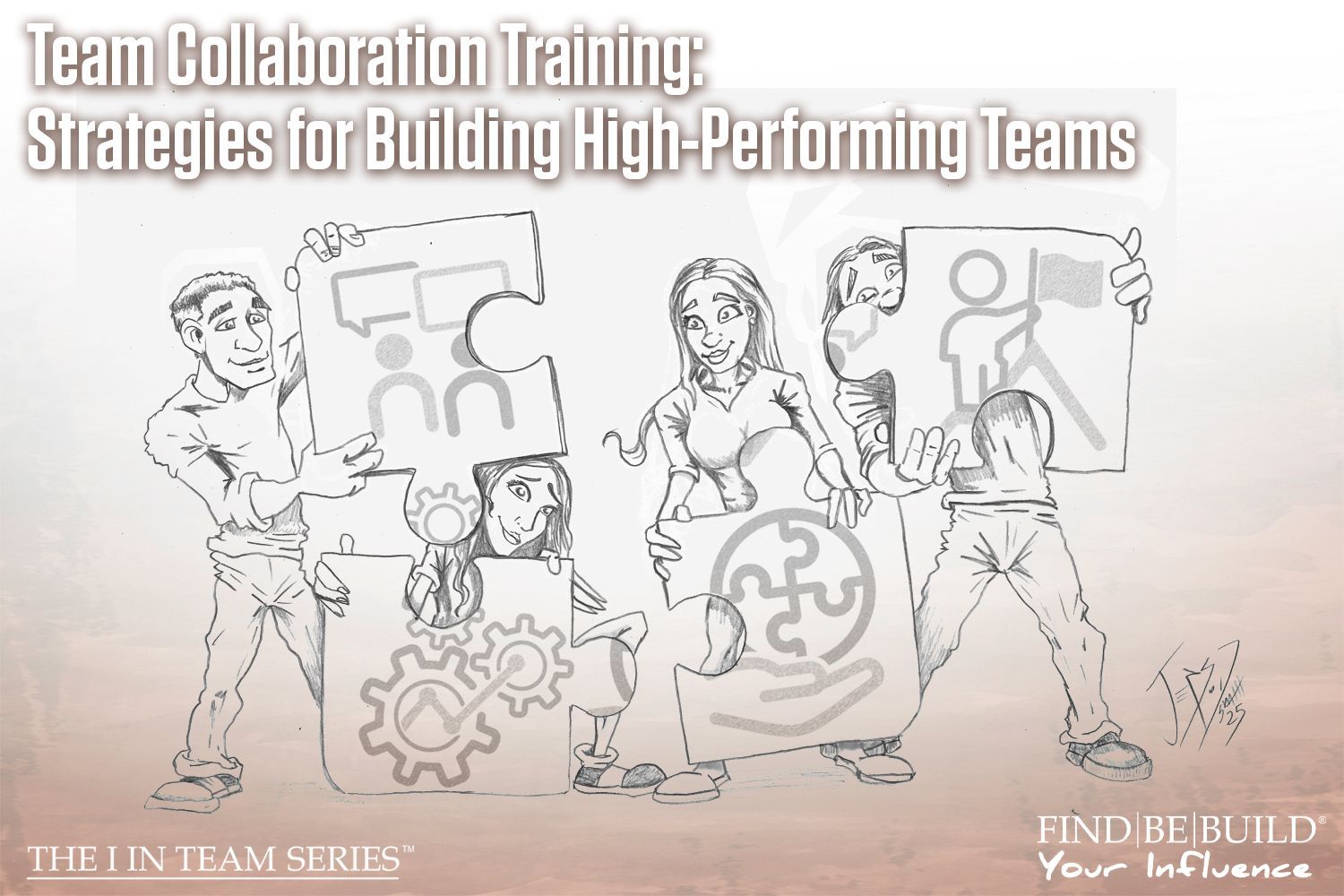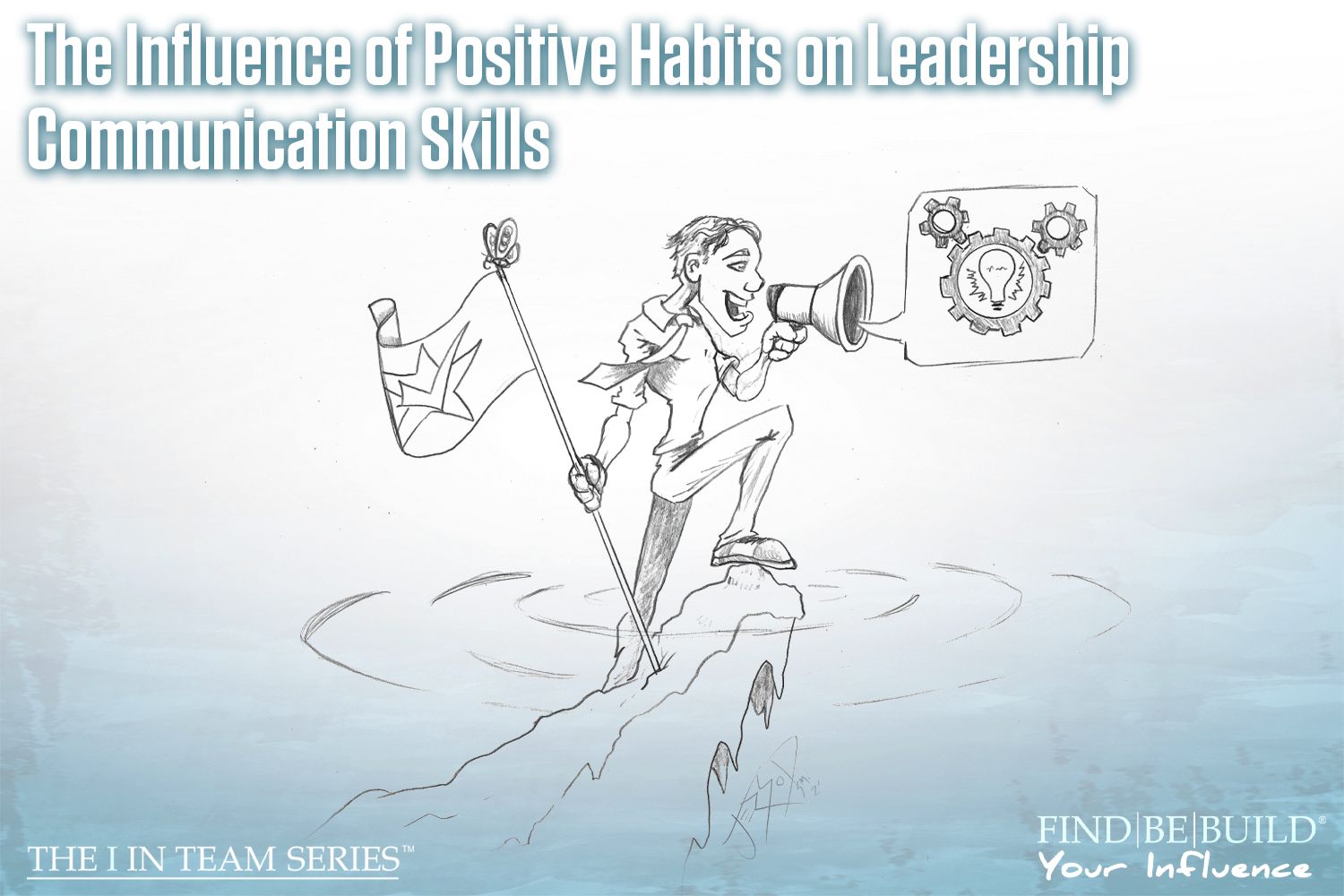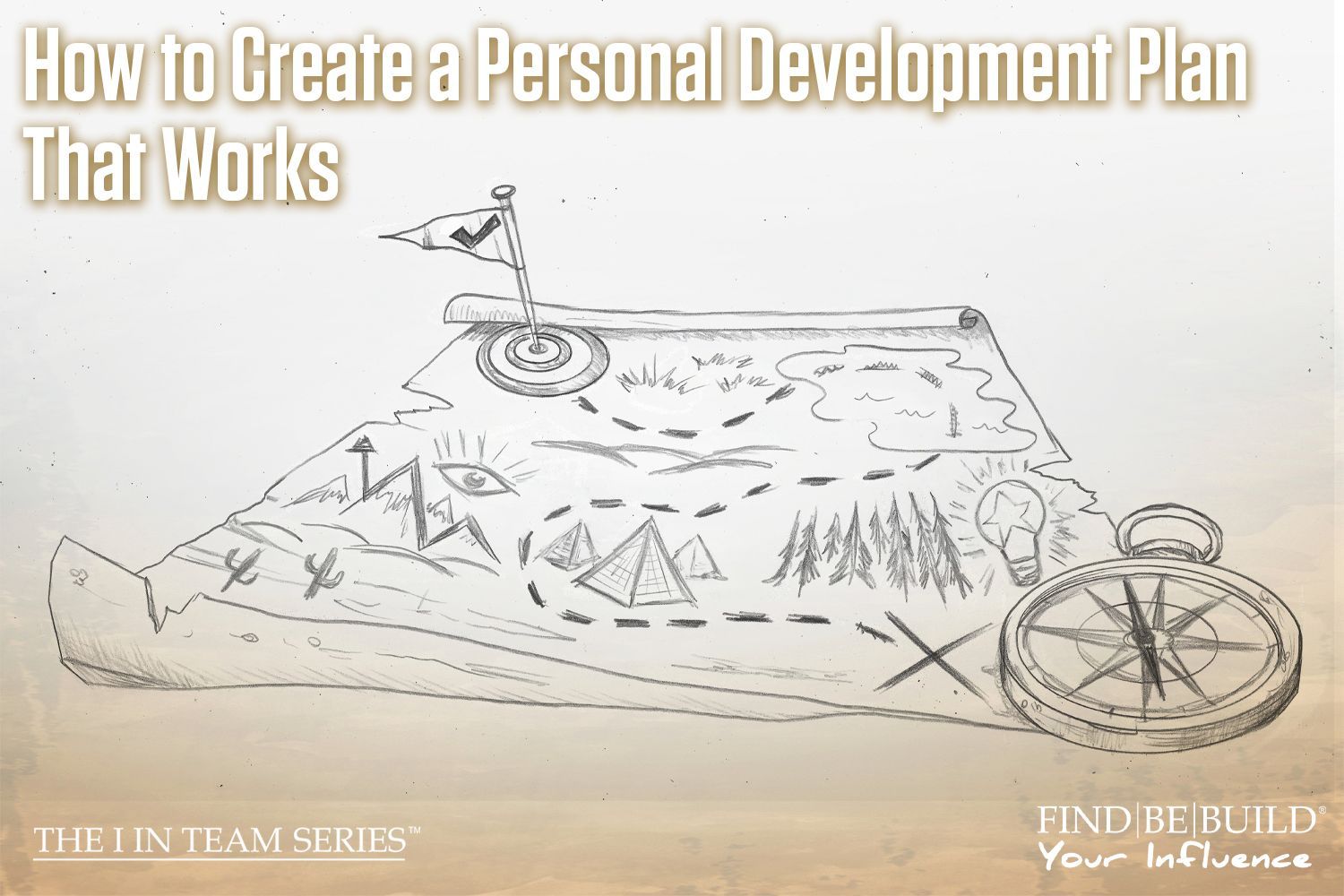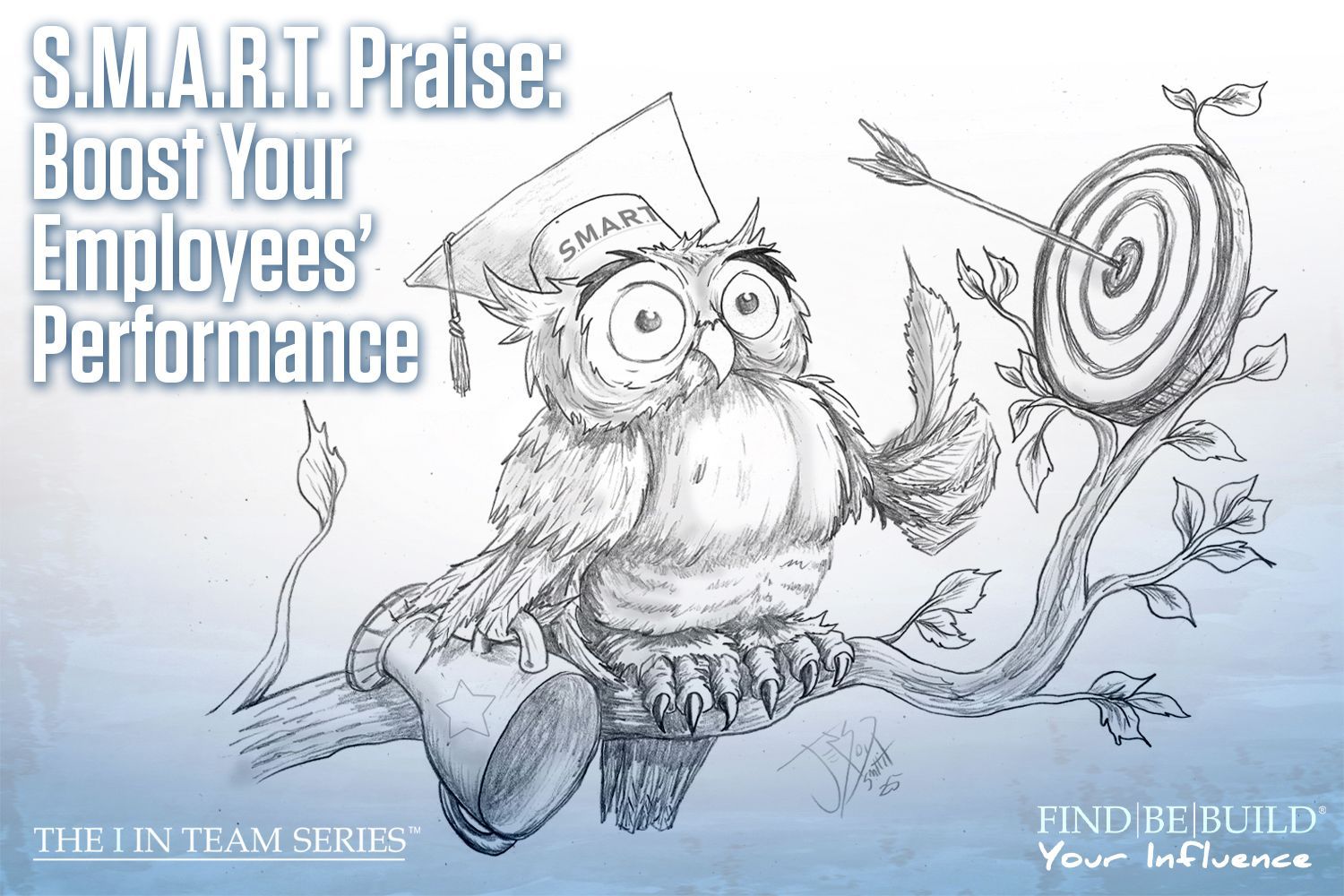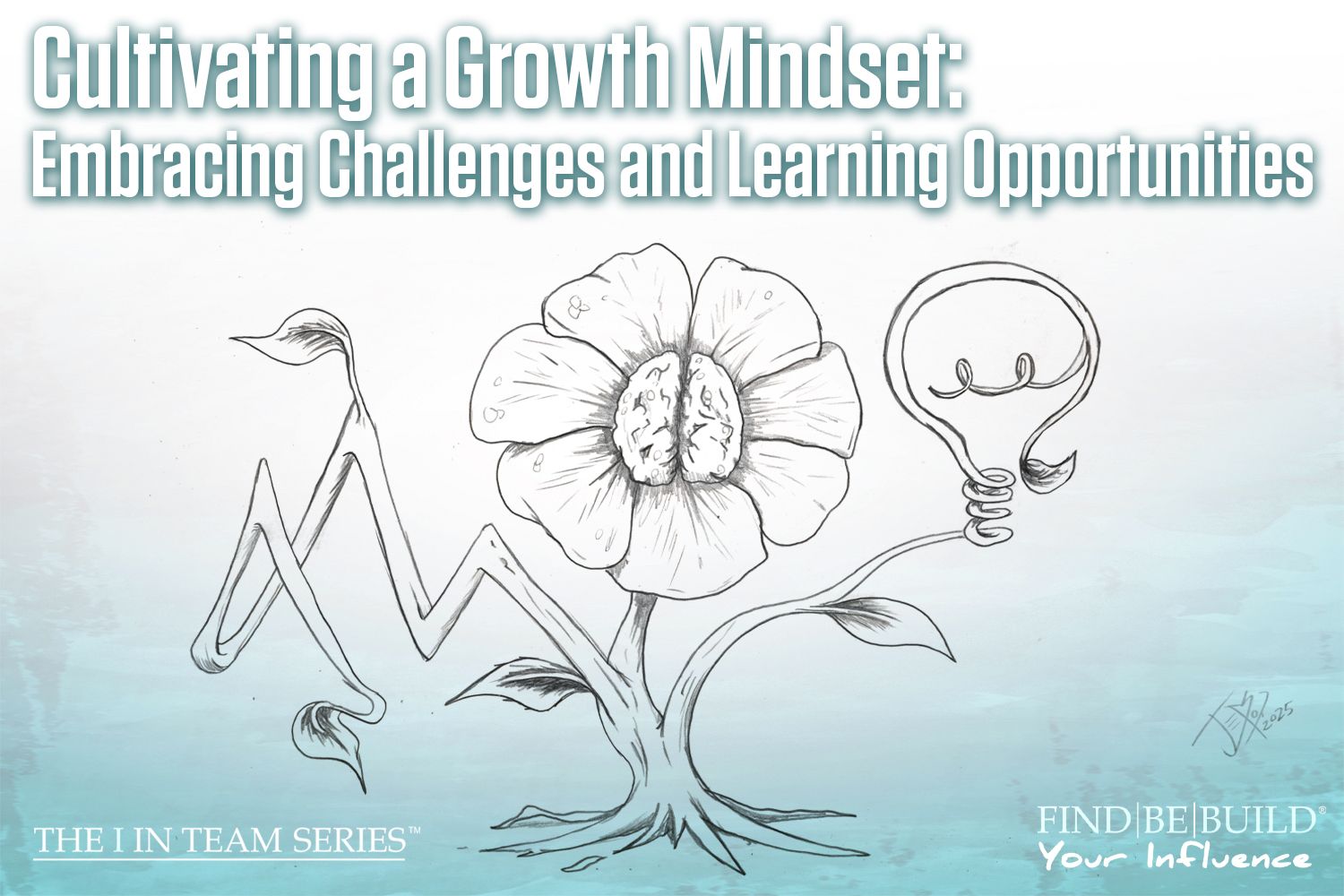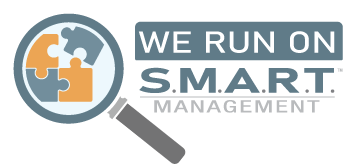The Role of Mentors: Reducing Employee Turnover Through Nurturing Mentorship
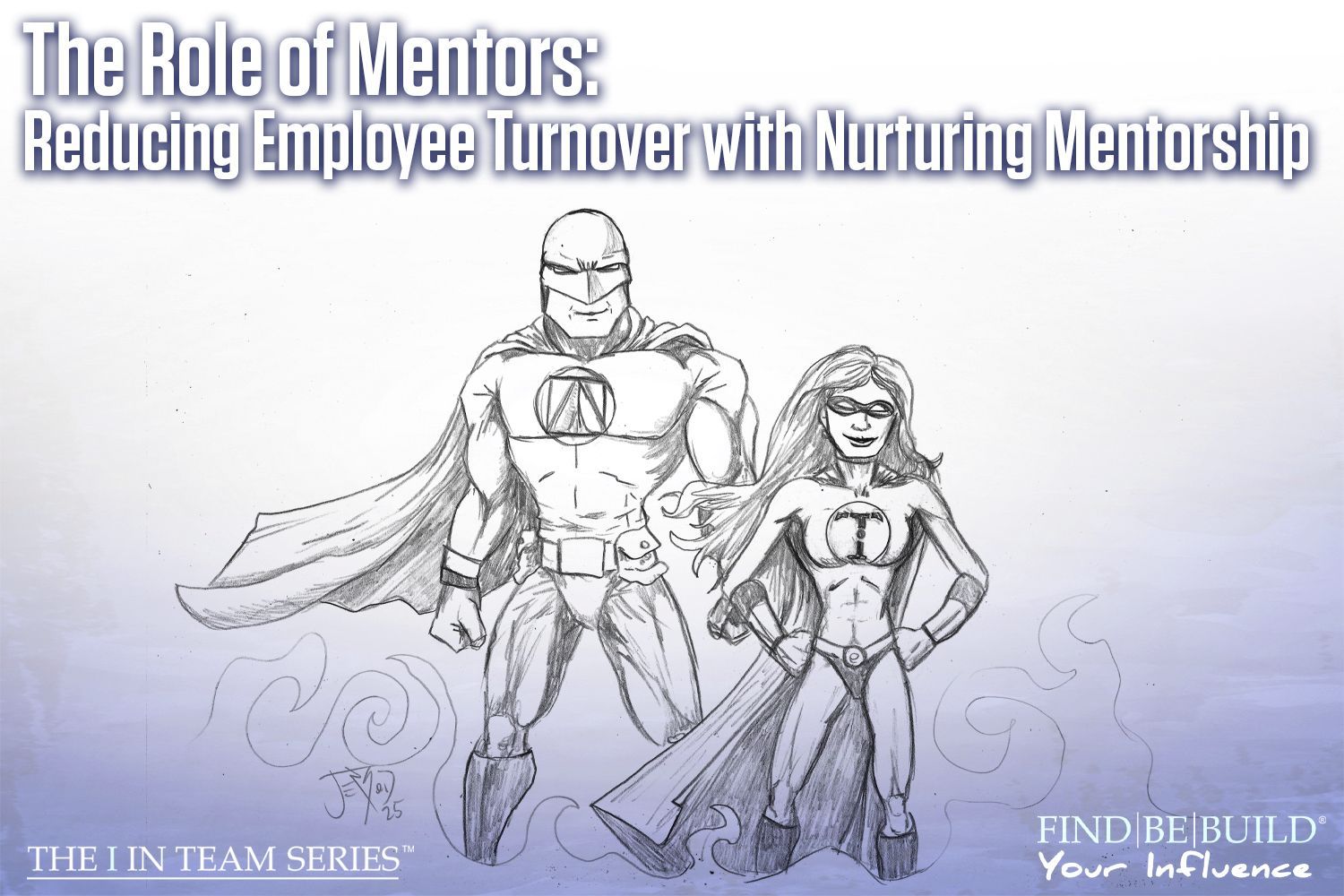
Hello team, Mary here! As we continue our journey through the I in Team series, we remain focused on helping individuals and organizations Find, Be, and Build Their Influence. One of the most effective ways we’ve found to create lasting, positive influence within a team is through intentional, nurturing mentorship.
At IA Business Advisors, we know that high-performing teams are built—not born. A major factor in maintaining these teams is reducing employee turnover. While there are many strategies to achieve this, one of the most impactful and sustainable is the implementation of mentorship programs rooted in structure, empathy, and purpose.
Why Mentorship Matters
A well-executed mentorship program strengthens individual and organizational influence. It creates a culture where team members feel valued, heard, and supported in their personal and professional growth. In our work on reducing employee turnover with teams around the globe, we've seen how structured mentorship drives:
- Greater engagement and sense of belonging
- Faster skill development and performance acceleration
- Stronger interpersonal and cross-functional relationships
- Higher job satisfaction and career clarity
- Increased loyalty and retention, especially among new and high-potential employees
When people feel connected and empowered, they stay.
Choosing the Right Mentors
Let’s be real—mentorship isn’t for everyone, and that’s okay. But those who step into the role of mentor must possess more than just experience. Effective mentors are empathetic, excellent communicators, and genuinely committed to helping others grow.
In line with our S.M.A.R.T. philosophy, mentorship must be both intentional and aligned. When selecting mentors:
- Match based on complementary strengths, goals, and learning styles
- Encourage cross-departmental mentorship to break silos and deepen collaboration
- Set expectations early—mentors aren’t there to solve problems for mentees but to guide, challenge, and support them on their own journey
True mentorship is about helping others build their own influence, not replicating yours.
S.M.A.R.T. Mentorship in Action
As with anything we recommend, your mentorship program must be S.M.A.R.T.—Specific, Measurable, Attainable, Relevant, and Timely. Here's how that applies to mentoring:
- Specific: Define clear goals for each mentor-mentee relationship
- Measurable: Track progress with regular, open check-ins and feedback loops
- Attainable: Ensure goals are realistic based on roles, resources, and responsibilities
- Relevant: Align mentorship objectives with personal development and organizational strategy
- Timely: Set meaningful timelines to maintain momentum and accountability
Mentorship that lacks S.M.A.R.T. structure quickly loses its effectiveness, thus becoming unsuccessful at reducing employee turnover.
Don’t Forget the Little Things
Never underestimate the power of small gestures. Recognition, praise, and authentic storytelling elevate a mentorship program from good to great. Some small gestures you might try implementing:
- Create incentives for both mentors and mentees—financial or symbolic
- Celebrate progress publicly and consistently
- Collect and share success stories to reinforce the program’s value and influence
And most importantly, listen. A feedback system that gathers insights from participants helps you keep a real-time pulse on engagement and impact. This isn’t a one-and-done initiative, it’s a living, evolving commitment to your people.
Final Thoughts
Employee turnover is an unavoidable reality, but it doesn’t have to be a constant disruption. A strong mentorship program nurtures your team’s influence, strengthens culture, and supports long-term retention and success.
Reducing employee turnover isn’t just a goal, it’s a byproduct of intentional influence. And that’s what we’re here to help you build.
If you’re ready to design or improve a mentorship program within your organization, we’re here for you. IA Business Advisors has nearly three decades of experience helping leaders build resilient, high-performing teams through S.M.A.R.T. Management and the principles of the I in Team series.
Let’s reduce turnover—and raise influence—together.
